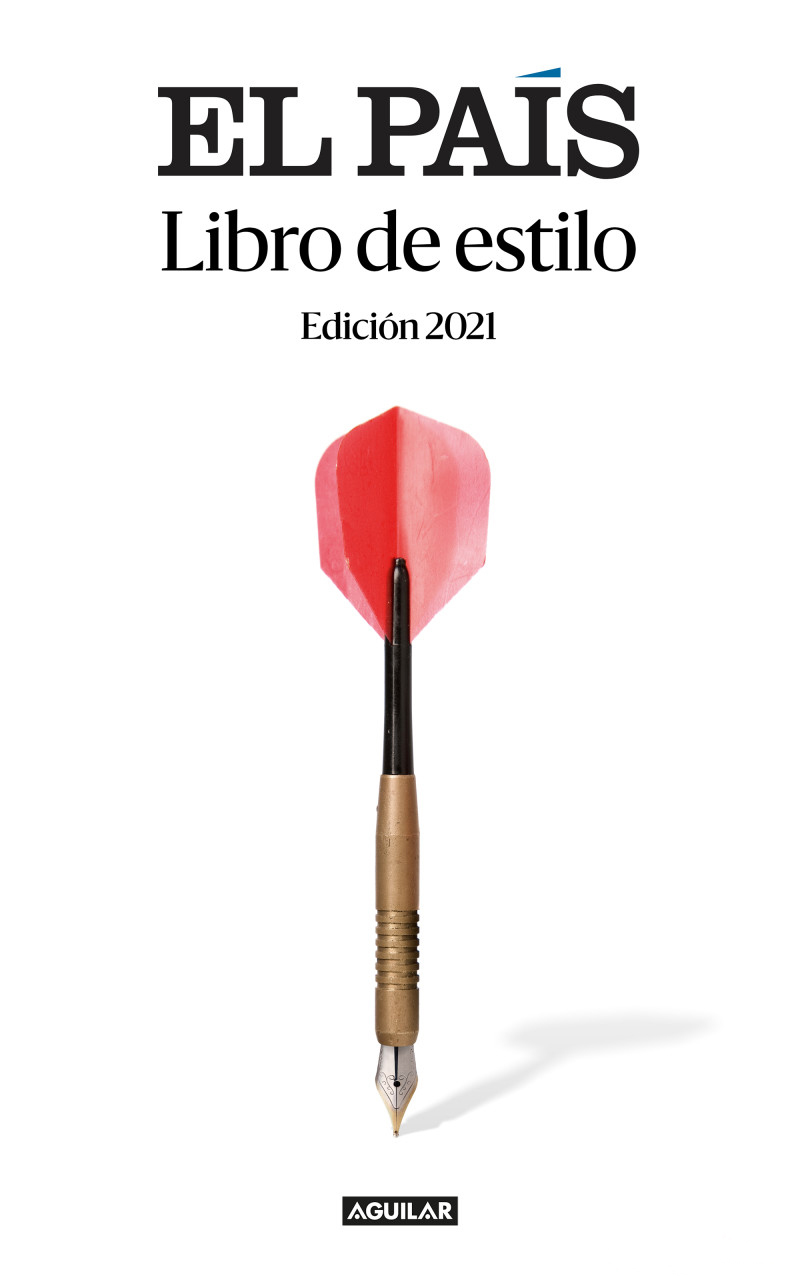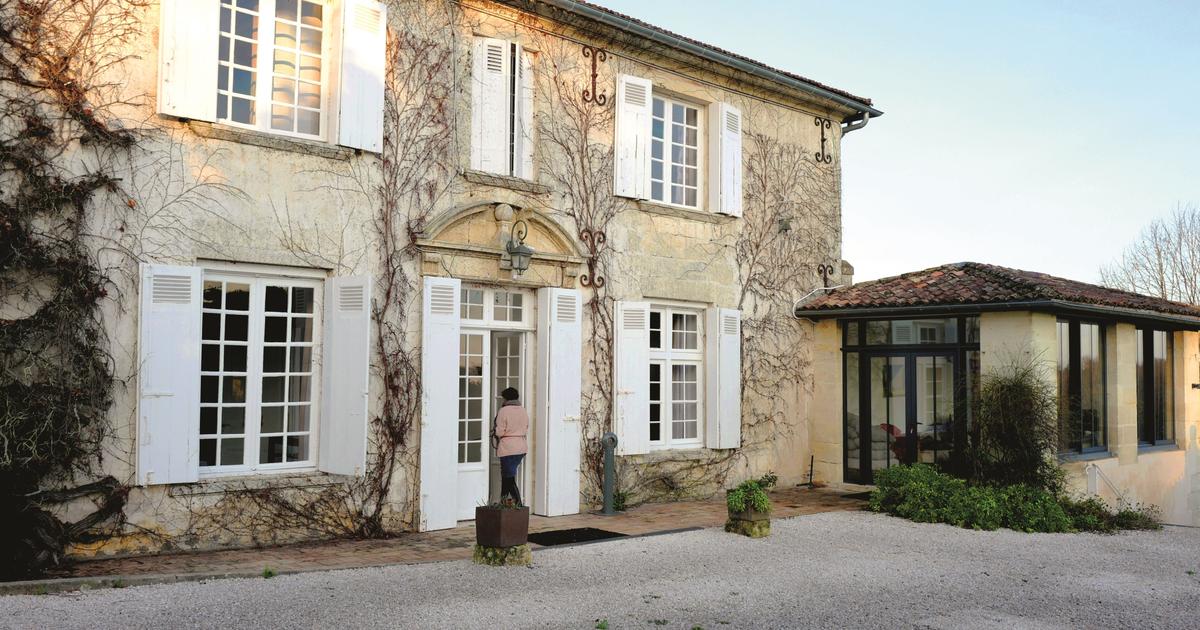Cover of the EL PAÍS style book, edition 2021.
The fight against discrimination against women includes continuous advances in the use of language.
Sometimes, as is known, with controversy.
The
EL PAÍS
Style Book
adds up some of these advances in each edition.
The twenty-third, in force since February 21, includes new norms against sexist violence and sexism, as well as the feminization of job names.
For example, “welded”.
The Book defines the word as "correct female soldier."
There are readers who do not assume it.
The dictionary of the Royal Spanish Academy (RAE), either.
The controversy jumped on the 12th due to a news item with "the soldier" Cristina as the protagonist. Álvaro Miranda Simavilla protested: “I feel fed up with the misuse of the language - the tacky misuse of the genre - when referring to 'la soldada'. The reader recalled that the RAE only admits the term "the soldier" and that "soldier" is, for the Academy, the "asset of the soldier".
Another reader, who prefers not to be quoted once more in this column, wrote: “It appears that the
Style Book
allows or requires a soldier to be welded; had she been the corporal, would she have been obliged to write Caba? " Well, to your surprise and that of many others, the answer is yes. The XXIII edition
of the Style Book
requires writing "caba". And "sergenta". And "captain", who until now assumed in all contexts except the military.
Other readers also censor these stylistic licenses with the same argument: that the RAE does not admit them. Perhaps they prefer to look for other reasons if they discover that the Academy accepts the feminine of military degrees but with these meanings: "Generala: general's wife"; "Colonel: wife of the colonel"; and “sergenta: sergeant's wife”…. but also, beware !: "stout, manly woman with a hard condition", and "authoritarian woman".
EL PAÍS now assumes in its entirety the general rule according to which "positions, trades, professions and titles shall observe strict gender concordance with their holders." It is easy to do it if the job or position ends in or: engineer, engineer; deputy, deputy. The rule is complicated if it ends in a consonant, unless it is a not an r: captain, captain; doctor. And it is unfeasible if it ends in -ista, and that is why
journalist
or
electrician
is not admitted
.
In any case, it should be remembered that it is the
Style Book
of this newspaper, not a code of conduct for all Spanish speakers. It almost always coincides with the official Spanish dictionaries, but not in all cases. And, sometimes, it is the RAE that comes forward. Until this XXIII edition, EL PAÍS has not assumed the words “judge” or “councilor” —they become mandatory—, admitted as optional by the Academy years ago, not without reasoned answers.
Álex Grijelmo, Deputy Director of Edition and coordinator
of the Style Book
, emphasizes that this is what it is about, “a style manual”. "We opt for some features that define us and not for others, within the possibilities offered by the language system." This is how he explains the acceptance of soldada: “There is no reason for the military field to be left out of the progressive feminization of positions that is advancing throughout society. And the contexts disambiguate soldered in their two meanings in the same way that they do with a fruit bowl or a cashier. We could say without problem 'the greengrocer took the greengrocer', 'the cashier put money in the cashier' and 'the soldier collected her soldier ”.
Setting those kinds of rules often arouses passions inside and outside the newsroom. The debate is as intense as it is endless. It is enough to check these days the gibberish that Minister Irene Montero has provoked with that supposedly inclusive language of "listened, listened,
listened
" or "sons, daughters,
sons
." The
Style Book
does not support it.
Grijelmo recalls in his book
Proposal for an agreement on inclusive language
that the Mexican academic Gonzalo Celorio thus jokes about how to convert the phrase “the dog is man's best friend” into an inclusive language. There it goes: "The dog and the bitch are the best friend and the best friend of man and woman, indistinct, respectively or exclusively." I advise you not to try it with friend, friend and friend.
Language is open to permanent change and, therefore, everything is debatable.
However, in the newspaper there is a truce after each new edition
of the Style Book
.
An initial note decrees that ceasefire: “
The
EL PAÍS
Style Book
contains mandatory standards for all positions in the newspaper, editors and collaborators.
No one will be exempt from this regulation ”.
Amen… until the twenty-fourth edition.
———————
You can send your questions to
defensor@elpais.es
Or ask on the blog
El Defensor del Lector answers









/cloudfront-eu-central-1.images.arcpublishing.com/prisa/T33TJNCEGND2TOYVTBVZRQJBAE.jpg)